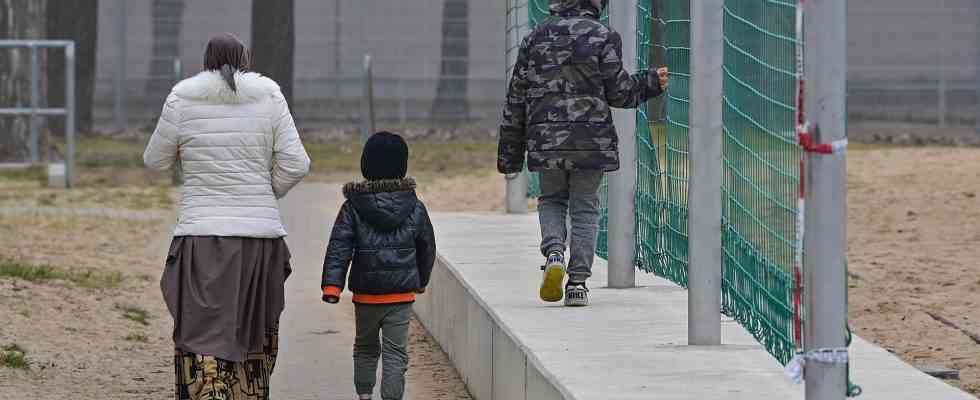Status: 09.03.2023 12:06 p.m
The number of stateless people in Germany has doubled since 2014: For the year 2022, the Federal Statistical Office recorded 29,455 people living in this country. This is a new high.
According to statistics, the number of people registered as stateless in Germany has recently reached a high. At the end of 2022, 29,455 people in Germany were recorded as stateless in the Central Register of Foreigners (AZR), according to the Federal Statistical Office in Wiesbaden. The majority (58 percent) of them were men, a quarter were children and young people under the age of 18.
“In the years 2005 to 2013, the number of people with recognized statelessness in Germany was always between 13,000 and 14,000,” the statisticians explained. With the onset of strong refugee migration from 2014, this then doubled by the end of 2022.
Multiple causes of statelessness
According to the United Nations Convention, people are considered stateless if no state recognizes them as nationals. The causes of statelessness are manifold, the statisticians explained. These included, for example, the lack of official documents such as ID cards or birth certificates.
But gender discrimination can also justify statelessness. “In some countries around the world, for example, women cannot pass on their nationality to their child,” it said. “If the father does not recognize paternity or if the father is unknown, the child becomes stateless.”
Many people come from Syria
According to the Federal Office, the number of stateless persons born in Germany has risen from 3,550 to 4,860 since 2014. At the same time, the number of stateless persons born abroad has more than doubled since 2014 from 11,100 to 24,595. With a share of 48 percent, almost half of the stateless persons registered in Syria at the end of 2022 were born.
16 percent were born in this country. Children of foreign parents born in Germany do not receive German citizenship unless at least one parent has lived in Germany for eight years and has an unlimited right of residence or a special residence permit.

